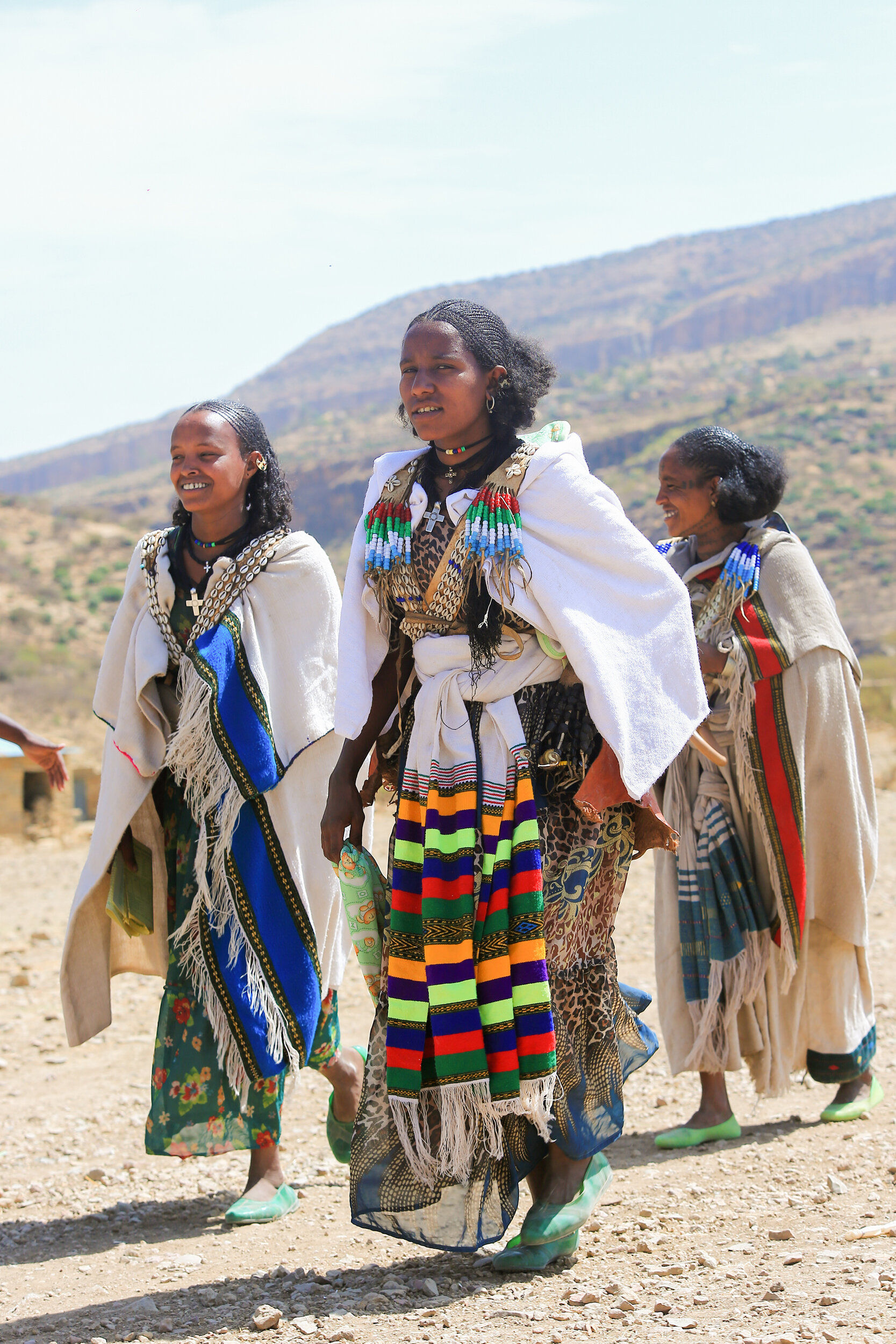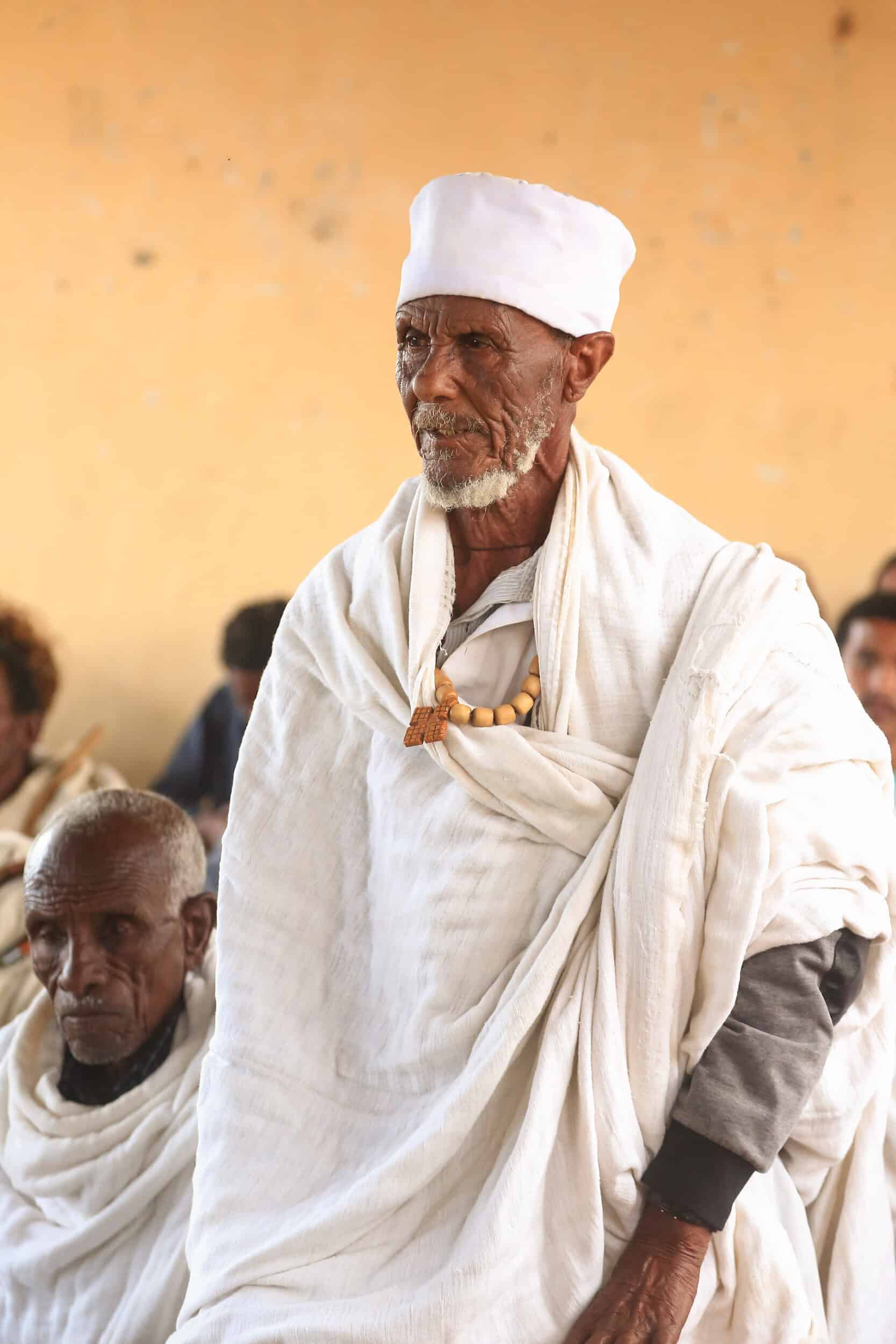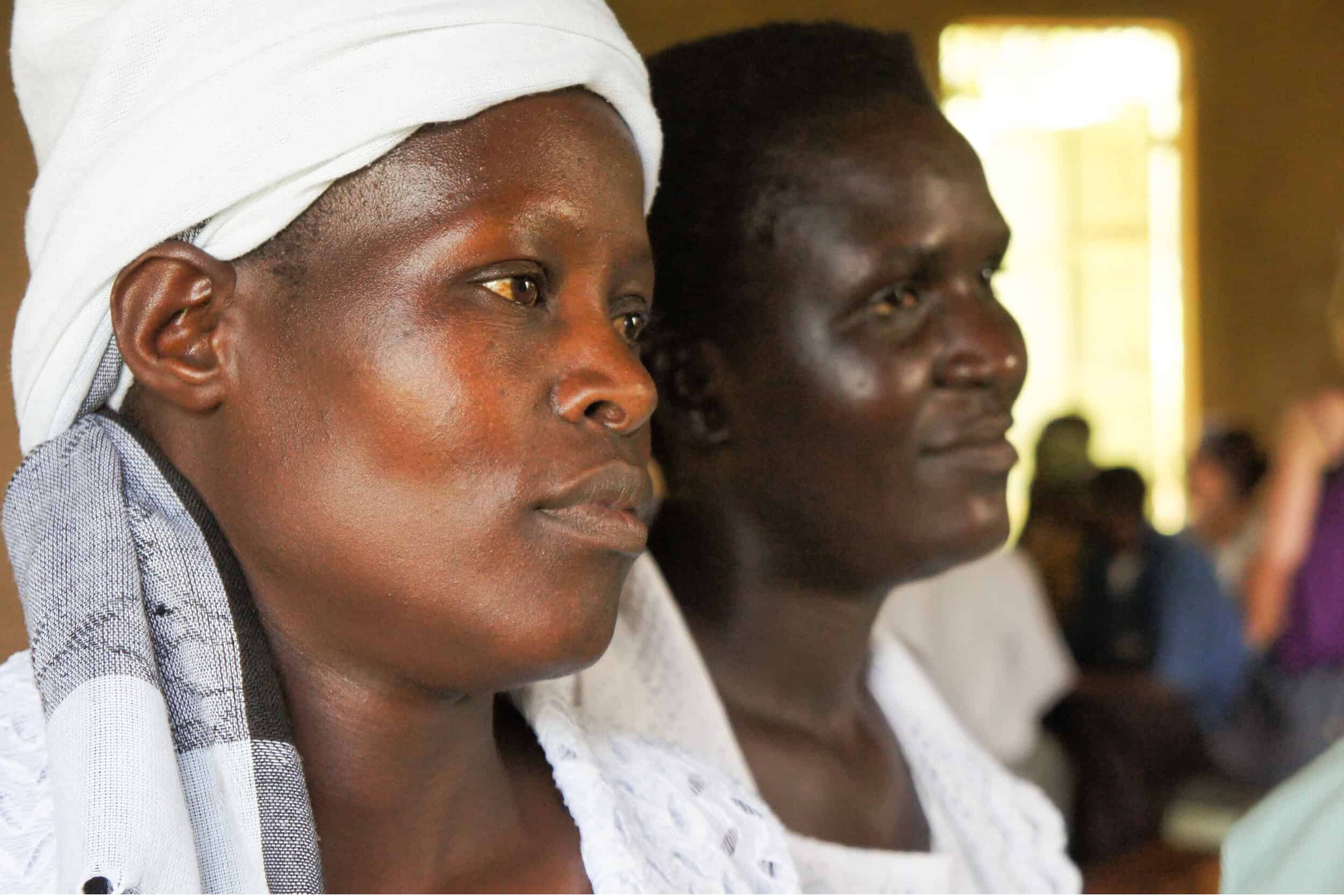As our partners continue to work diligently to adapt to the challenges of COVID-19, we wanted to share some insight and updates about how a couple of them are doing these days.
Drop of Water (DOW):
Drop of Water has done a great job of putting hygiene facilities in households and community centers in response to the spread of the coronavirus. They are located in an area of Ethiopia that is high risk since it is on the main road that connects to the neighboring country Djibouti. They are on high alert about who is traveling in and out of the area so that they can protect the people they serve, especially since many who were working in other countries returned home. Universities are closed indefinitely and most are serving as quarantine centers, so the school year which normally begins in June has been postponed until September.
Since Ethiopia’s culture is very spiritual, it has been difficult to make all the changes necessary for adapting to COVID. Their national fasting time prevented a serious spread of the virus, so the government extended this time of prayer for another month, also ensuring that people maintain a state of optimism. Their very different and distanced culture can create a sense of disconnect with the rest of the world and the news cycle, however Hermella says that with Blood:Water’s guidance they’ve been able to view the situation with flexibility, preparing backup plans in case it does get worse.
Lwala Community Alliance (LCA):
In the area that Lwala Community Alliance operates, there have been a few cases since it is on the border of Tanzania, and many people travel in and out of the country through the region. Within the country, there is a push to create a system for home-based care in quarantine since there is not a good centralized infrastructure in place. Many are also shying away from visiting the clinic to access the services they need, so there is a threat of existing conditions becoming worse if people do not seek treatment.
Julius participated in creating a training guide draft curriculum for community health workers with the Ministry of Health, which could potentially become a model for health agencies in the region. They have also created a protocol for patient outreach since they want to avoid crowding at their facility while continuing to provide care. Their community health guidelines for health services in the context of COVID respond to the challenges of household services for community health workers. They also provide guidance on HIV treatment, service delivery and family planning for the workers going out into the field.
Since they are such a great organization already, this protocol draws heavily from its training manual and community guidelines. Therefore since there are no new recruits, these professionals are well equipped to handle this complicated situation. They are providing training for these new circumstances and providing necessary PPE, with a few designated COVID responders who are provided extra PPE. They also have smartphones that enable them to reach out for questions face-to-face if need be. Julius also says that the difficulty lies in the fact that they know they will have to adapt in case this is a reality for the long-term, so they need to figure out how they can continue to deliver services throughout these times despite the circumstances.
More Stories:
Categories





